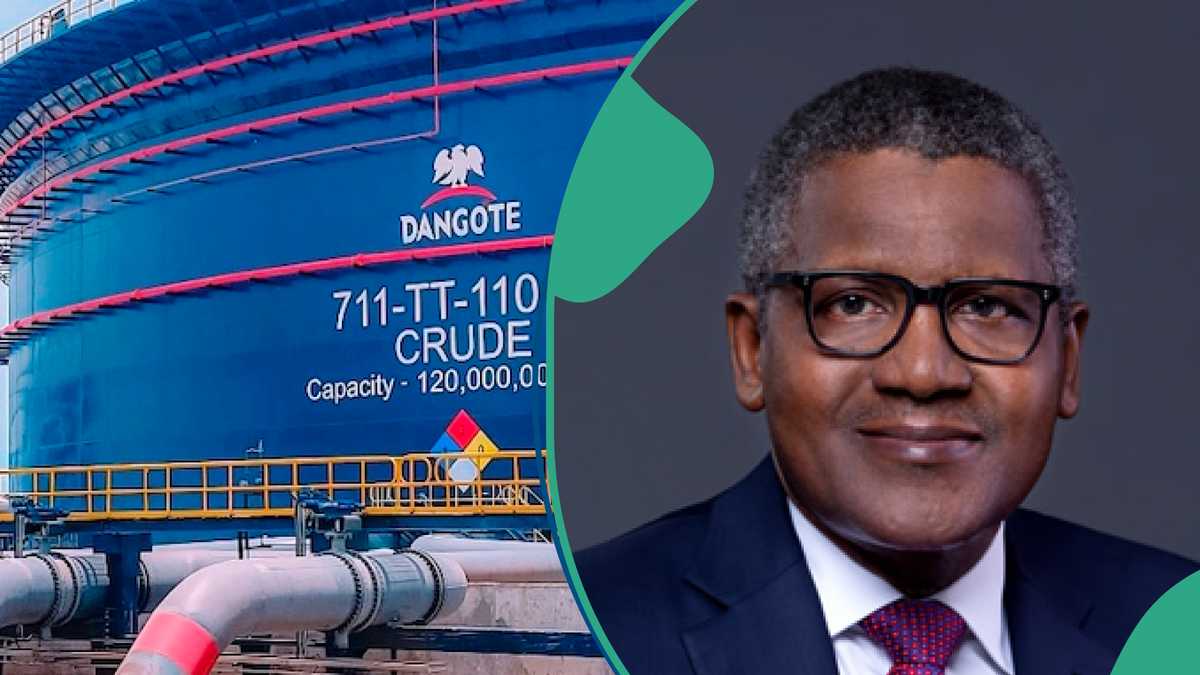


As Nigeria's fuel pricing landscape continues to evolve, the Dangote Refinery is making significant moves to secure its crude oil supply. In February 2025, the refinery is set to import 12 million barrels of crude oil from the United States, aiming to bolster its production capacity to 650,000 barrels per day (bpd) by June 2025. This decision comes amid reports that the Nigerian National Petroleum Company Limited (NNPCL) may reduce its supply from 350,000 bpd due to increasing demand from other refineries. Currently, the Dangote Refinery is operating at a production capacity of 500,000 bpd. [e527bbbe]
The refinery's strategy reflects a broader trend in Nigeria's oil sector, where the need for reliable crude supply is paramount. In May 2024, Dangote Refinery previously imported 11 million barrels from the US, indicating a growing reliance on international sources to meet domestic refining needs. Experts suggest that Nigeria's petrol refining forecast requires approximately 550,000 barrels daily in 2025 to satisfy local demand. [e527bbbe]
In addition to these developments, the Warri Refining and Petrochemicals Company Limited has resumed operations, further impacting the market dynamics. This refinery, which restarted on December 31, 2024, is expected to contribute to a decrease in refined petroleum prices, following the earlier restart of the Port Harcourt Refinery in November 2024. Both Mele Kyari, CEO of NNPCL, and Farouk Ahmed, CEO of the Nigerian Midstream and Downstream Petroleum Regulatory Authority (NMDPRA), have indicated that increased competition among domestic refiners will likely drive prices down. [b53b74c7]
However, the recent increase in the ex-depot price of Premium Motor Spirit (PMS) by Dangote Refinery, from 899.50 naira to 950 naira per litre, complicates the pricing landscape. This adjustment was attributed to a 15% rise in global crude oil prices, with Brent Crude increasing from $70 to $82 per barrel. The refinery has absorbed approximately 50% of these cost increases to maintain retail prices at 970 naira per litre, significantly lower than the potential range of 1,150 to 1,200 naira. [d9d05974]
Despite these fluctuations, President Bola Tinubu has praised the resumption of operations at the Warri refinery, emphasizing its importance for energy security and the goal of making Nigeria a net exporter of petroleum products. The Warri refinery has undergone rehabilitation since 2021, with an investment of $898 million aimed at revitalizing its operations. [b53b74c7]
As the situation continues to develop, the combined effects of Dangote Refinery's crude imports and the resumed operations of domestic refineries could play a crucial role in shaping Nigeria's oil sector and its overall economy, even as fluctuations in global oil prices continue to impact local pricing. [d9d05974]